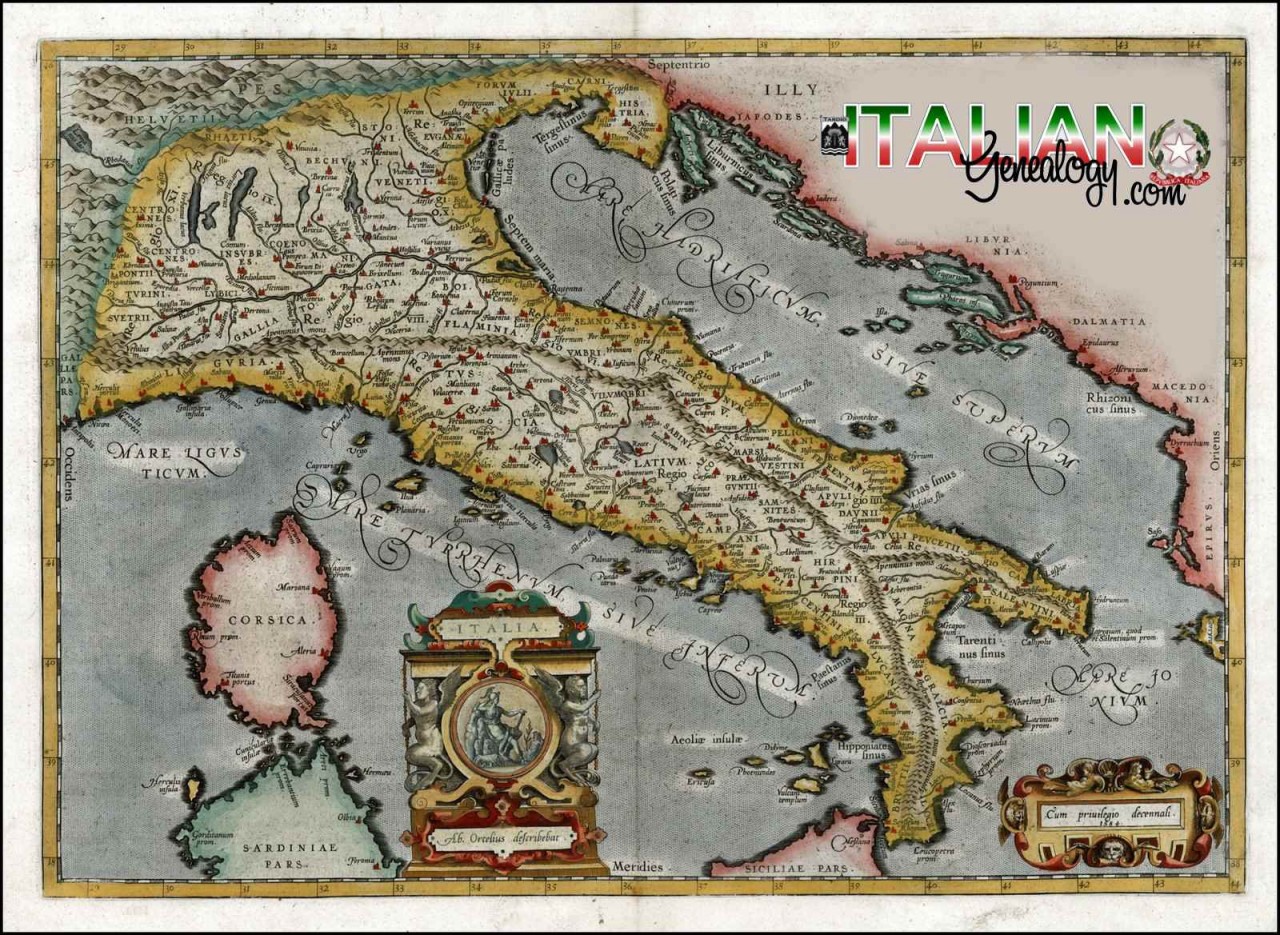Pedrotterra,
You probably noticed we have the same judge.
I don't know what country you are most familiar with regards to court cases.
I am most familiar with United States law procedures, but I am learning all I can about Italian law procedures.
I think the phrase you used -- 'we won the case in court' may need some qualifications:
In the United States, saying 'we won our case in court' implies that everything is over, and the only thing that would change that judgment is an appeal.
From what I understand, this is a general outline of what happens with Italian civil court cases. I would love for someone more knowledgeable than me make corrections or additions.
1) Case is initiated ( for us, that would be Luigi Paiano with a Power of Attorney, who brings a case against Italy.)
2) I am not sure what 'Assigning a session' means, but it seems that there is a recognition of civil case in the court system. I am not sure how the cases get assigned to a particular Tribunali.
3) A judge is assigned -- sometimes a judge is replaced by another one, and it seems most times that results in a further away date. I imagine the dates set are based on getting in line behind previously filed cases.
4) There is a timeline for submitting evidence, but I am not sure about the rules around this.
5) There is a thing called 'First Hearing' --sometimes there is only one, but sometimes another is called for, not sure why.
6) If deemed necessary, 'Second Hearing'
7) The judge then makes the decision.
8) The next step is that the judgment is made public by depositing it in the clerk office of the judge who rendered the judgement. I have found indications that the judgment should be deposited by 60 days following the filing of the parties final pleadings and by 15 days in the proceeding before the Giudice di Pace.
However -- There are not final time limits. This step is confusing to me, I am not sure if the judge or the lawyer is giving this to the clerk office. I don't know of any way to determine what the status or processing order for a judgment given to the clerk's office.
9) After the judgment is made public, I believe it can go one of two ways --
a) The winning lawyer gives notice to the losing side of the judgment, and then there is a 30 day appeal deadline.
b) There is a appeal deadline of six or seven months.
10) After the appeal time has lapsed, Mr. Paiano then sends notice to the appropriate commune, that the person should be registered. From limited research, this may happen quickly, within weeks, or I have seen some people talking about this step taking many months.
11) The last step is to request a passport, and register for A.I.R.E., although I am not sure of the specific steps for this last phase.
From reading everything I can find online, I can say there is much variability in the waiting times for these steps. The general explanation is that the system is overloaded, and there are not enough workers to get through the literal millions of cases in a short amount of time.
I am not sure, Pedrotterra, but I think the chances are good that you are currently on step #8.
You should be able to see the current status of your case in the web portal -
http://pst.giustizia.it/PST/
If you don't already have your case number, you will have to get that from Mr. Paiano.
I hope this very long post was helpful !!
B





